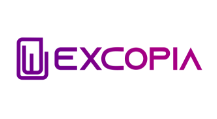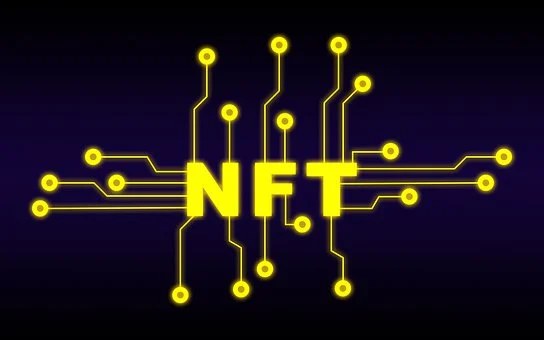In 2021, white label NFT marketplace platforms experienced a meteoric rise in popularity.
And because of that, a variety of industry players, from developers to VC-backed start-ups, jumped in to offer the “picks and shovels” required to sell NFTs.
On the one hand, these services have dramatically reduced the time, money and energy creators have to invest to launch a white label NFT marketplace.
On the other, many of these services are less than one year old, with creators acting as the guinea pigs upon which providers test their offers.
So, in today’s article, we’ll discuss the best white label NFT marketplace platforms for creators. In particular, we’ll discuss how you can avoid costly pitfalls when choosing a provider.
White Label NFT Marketplace Platforms: What to Look For
Similar to hiring an accountant or lawyer, your choice of which platform to go with boils down to your needs, preferences and budget.
With that said, any solution you explore should deliver four key features. Those features are:
- E-commerce store functionality that allows both crypto and traditional payment methods (card payments, wire transfers, etc.)
- Integration with the blockchain of your choice or cross-chain functionality
- Built-in compliance processing
- The ability to launch, operate, and grow your white label NFT marketplace without the need for custom coding/programming
While the above list of features may seem overwhelming, they are critical to the long-term success of your white label NFT marketplace.
Focus on the User-Experience
First, while diehard traders may be comfortable paying with crypto, learning the ins and outs of decentralized wallets can be intimidating for first-time buyers.
Because of that, allowing fans to pay with traditional payment methods (similar to how they check out on an e-commerce store) makes your marketplace much more user-friendly.
Second, the blockchain you choose to build on will determine both the fees your buyers have to pay and the degree to which your NFT can be resold in the future.
For example, the Ethereum blockchain does more NFT sales volume than all of its competitors combined. On the downside, it also has the highest fees.
Eliminate Problems Before They Start
Third, both crypto and NFTs have come under fire for acting as vehicles for money laundering.
While your white label NFT marketplace platform would have to be doing substantial volume to become a target for criminals, it’s best to have compliance checks in place from the get-go.
Last, hiring a developer to custom code something every time you need to make a change to your marketplace can be expensive, time-consuming and frustrating. Because of that, any solution you choose should offer full customization with no coding required.
The Best White Label NFT Marketplace Platforms for 2022
While the below list is neither comprehensive nor an endorsement of any particular service, these companies offer many of the features listed above:
- Curios
- Aetsoft
- CoinFactory
- tokenforge
- Venly
- Accubits
- Excopia (We show some real results for our clients, find out for yourself!)
You can check out this excellent article for more insights that give you an in-depth introduction to the white label NFT marketplace world.
Starting Your White Label NFT Marketplace Platform with Excopia
Lastly, our expert team at Excopia offers all the above and much more.
From our integrations with Stripe and Tatum to cross-chain flexibility and our “no-code” back-end, our white label NFT marketplace solution can get you up and running fast and affordably.
For more information, please contact us to learn more about how we can help you build and grow your white label NFT marketplace.

